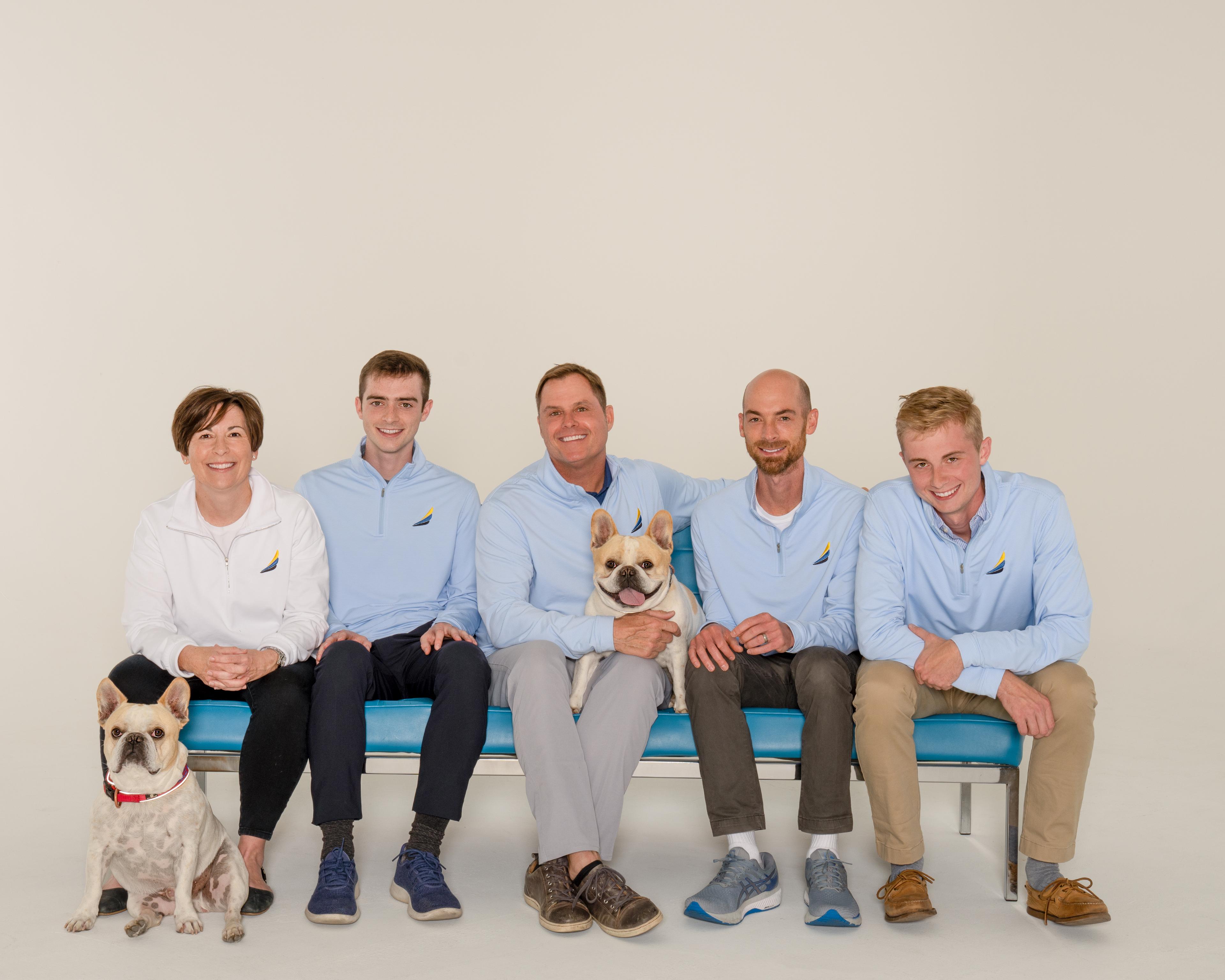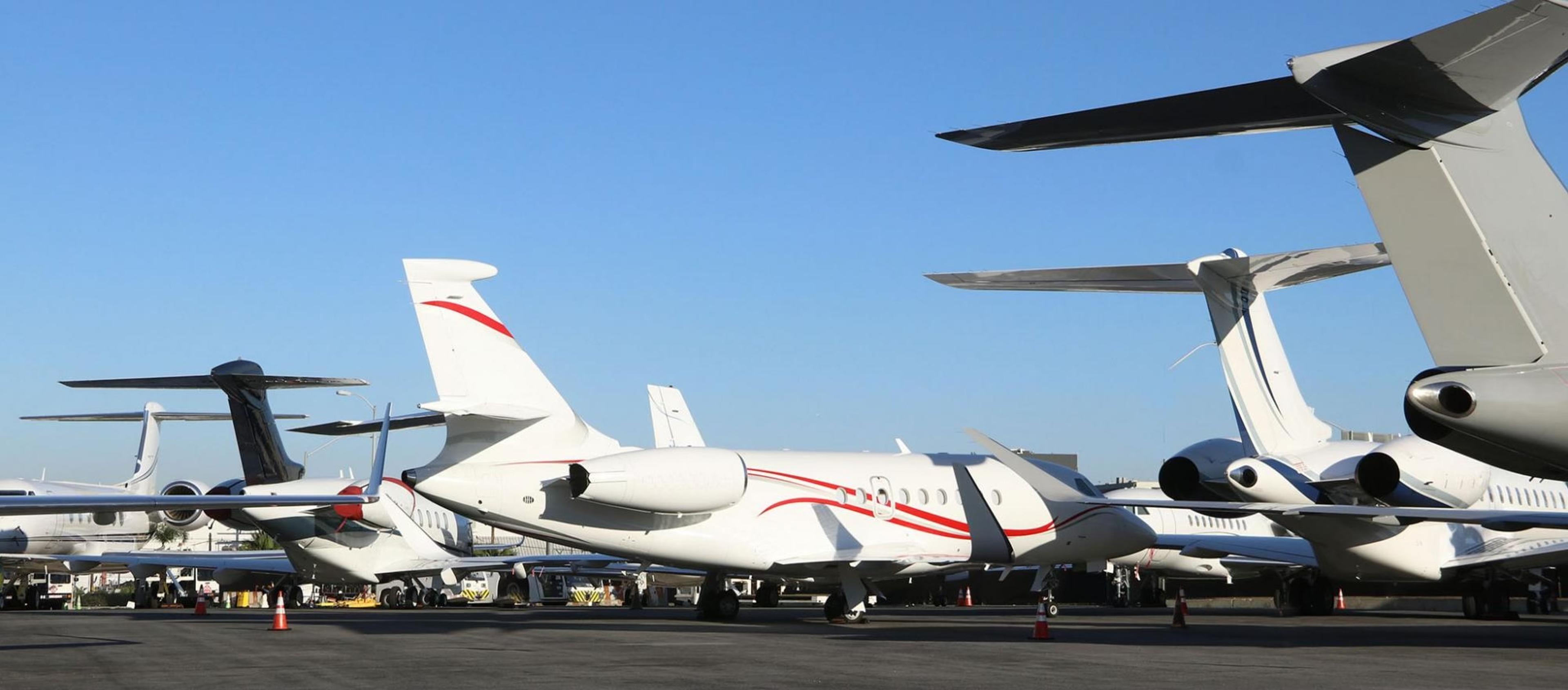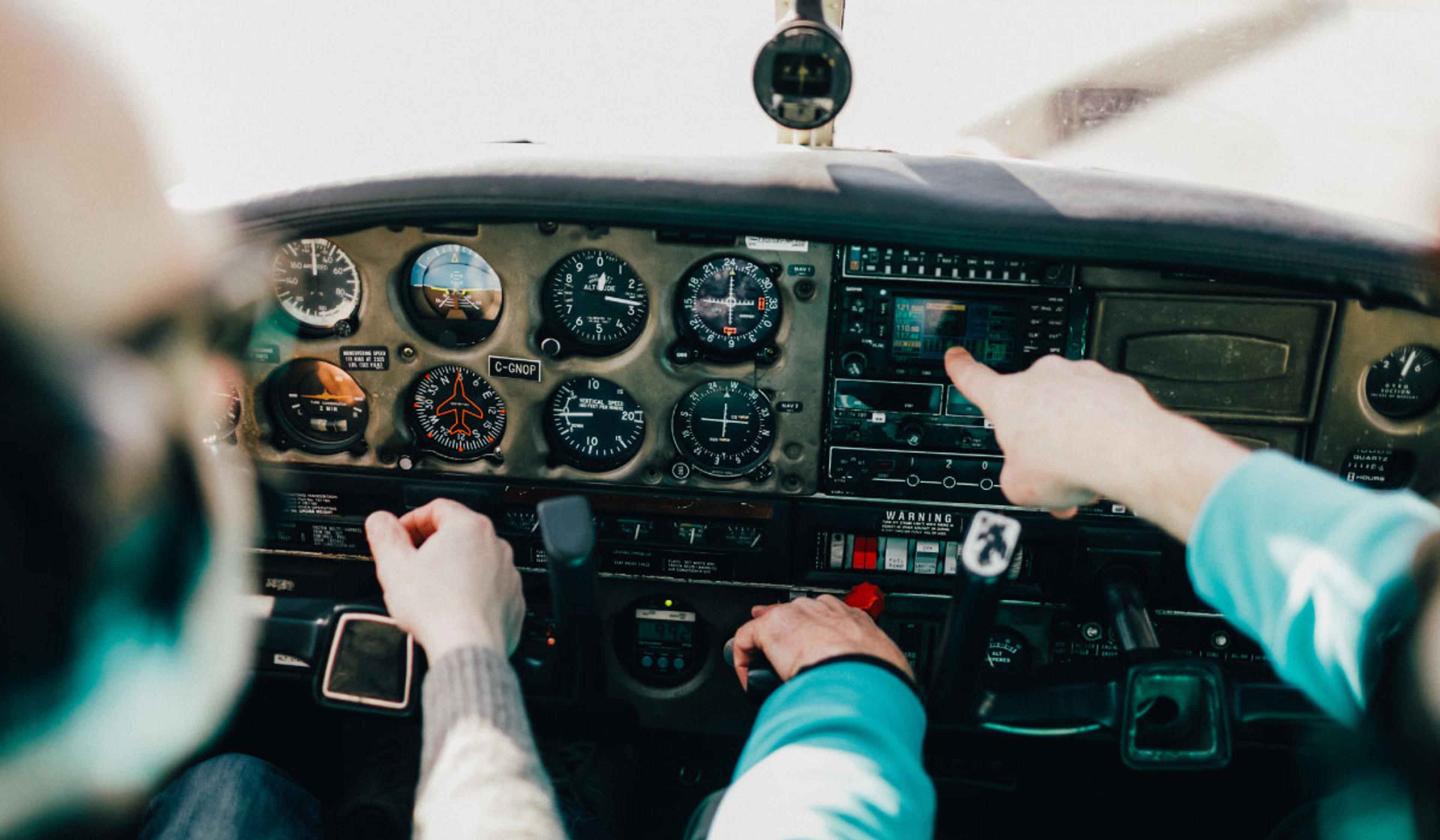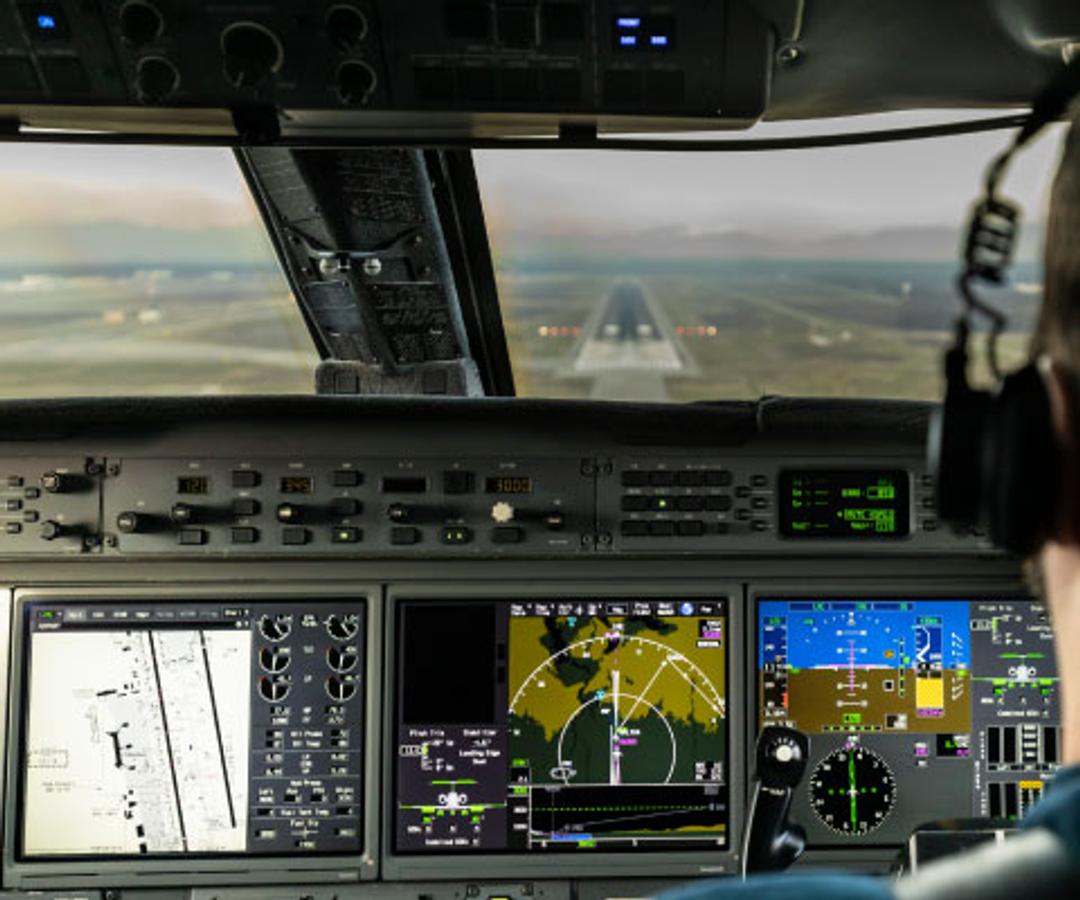
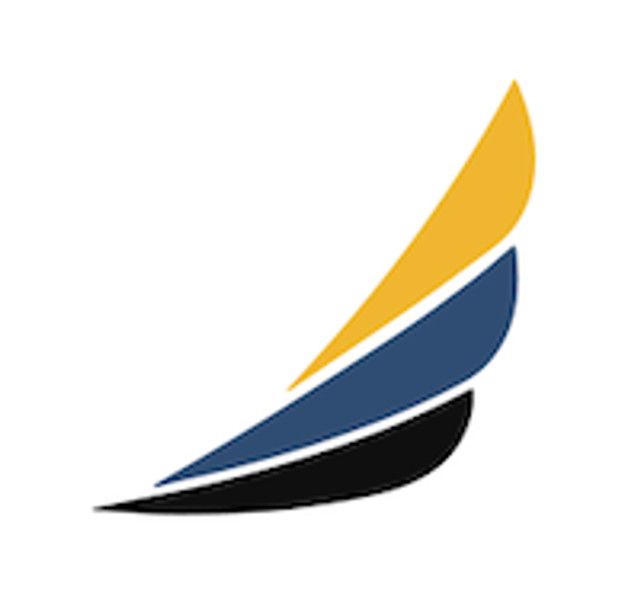
Starting a new flying position as a full time or contract pilot for a new client, company, or at a charter company can be exciting. It can be refreshing to meet new people, learn new skills, and become part of a new team. But it can be confusing as well. You may not know where you fit in, or have a "lay-of-the-land" in terms of company politics, corporate culture, potential faux pas and other unwritten rules. There are a number of things you'll want to do right away to maximize your potential in your new role as a corporate pilot. Here's the Cliff's Notes to starting off on the right foot in a new pilot job. 1. Get clear on goals One of the most important things to do when you start a new job is to sit with your boss and set clear expectations and understand your responsibilities. You'll have to be proactive about this. Within the first month or so, get a meeting booked on the calendar for a meaningful conversation with the person you report directly to and plan to discuss your original job description. Get these questions answered:
- What additional duties are expected? How can you better help the team? Do you have any talents that can help the team?
- What are specific standard operating techniques for all phases of flight? Are there any special duties for fueling, preflight, loading / unloading passengers, baggage, safety briefs, or flight phases at the FBO & home base?
- Are there any special passenger needs that you should be aware of? These might include food / drink preferences, allergies, small children, pets, and special personal requests.
- What are the special operating procedures during each phase of flight?
- What are the standard protocols for rental cars, hotels, catering, expenses etc?
- What is typical show time before each flight? Are passengers ever super early or very late?
- Are there any special frequent airport "gotchas" that you need to be made aware of? These might include weather, approaches, FBO, fuel, customs, rental cars, crew vans, hotels, etc.
- If you're required to be on call, what is the time within which you are required to get to airport?
At the six-month mark, schedule a second meeting to see how you’re performing against expectations. This will give you time to work on your performance, seek out additional resources, and discover (or even create!) internal resources. By end-of-year, you'll be on target with your goals. 2. Build trust / Be a team player Have you heard the old adage, it takes a lifetime to build trust - but you can break it in one second? Another thing to work on straight away is your new pilot job relationships. Might sound a bit touchy-feely, but you need to make yourself available to get to know your fellow pilots on a personal level. While flying, don't shy away from opportunities to get to know your new team members. The majority of Corporate Pilots enjoy an array of activities such as golf, tennis, biking, running, hiking, skiing, fishing. When you get to your destination, enjoy it! Don't be afraid to try new things! 3. Be willing to go the extra mile Especially within your first three, six, or even 12 months, your willingness to roll up your sleeves and help out will get noticed. Because the aviation industry is a small one, you're literally building a reputation that will follow you wherever you go. As a corporate pilot at most flight departments, you'll be expected to wear many hats. Exercise your soft skills and become known as the indispensable go-to guy or gal. Be willing to help in every aspect of the job. You can quickly gain the confidence and trust of your team members by being willing to go the extra mile to help the team. Pitch in wherever you see help is needed, both at the hangar and with personnel within the department. Never complain about the work. Instead, have a positive attitude and be grateful for every opportunity. 4. Find a mentor Find a mentor that you can rely on and ask for help where needed. Usually this will be your IOE Captain, Chief Pilot, or the training Captain transitioning you into your new position. Don't hesitate to ask for guidance on any aspect of the job from this person. Once you get to know individual team members, definitely ask for help when needed. 5. Keep growing Once you settle in, make sure you continue looking for new ways to develop professionally. Not sure where to start? BizJetJobs.com is a great resource. As a member, you have access to the best minds in the aviation industry, a repository of career advice and useful tips, our Corporate Flight Department Directory (searchable by Region and Aircraft), and of course the best Corporate Pilot Jobs and Contract Pilot Jobs in the industry. Are you a a full time or contract pilot working for a new client, company, or at a charter company? We can help you get the lay of the land. Call us anytime, we're here to help!

